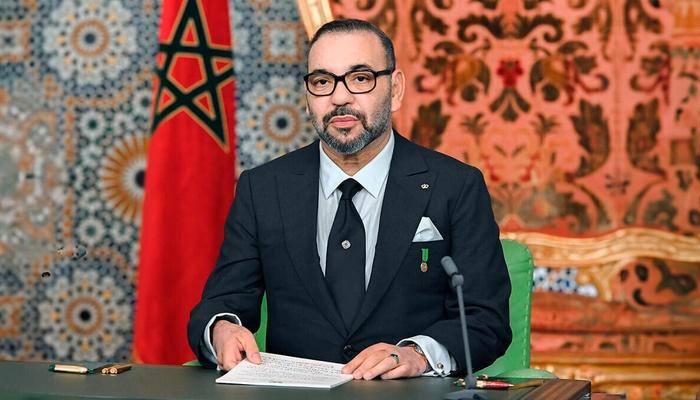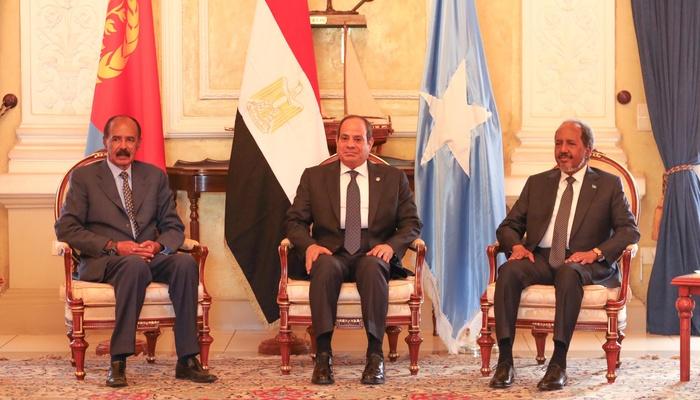The NATO Summit of Brussels between transatlantic and European dynamics
The NATO Summit of Brussels revealed to be, as expected, among the most intense and uncertain in the history of the Atlantic Alliance and saw the US President taking the spotlight by alternating moments of distention to sharp words that have shaken the participating Heads of State and Government. Central to the debate was the matter of the Defense budget, that deviated the attention from the other items on the agenda. The harsh political line that Trump maintained in Brussels confirms the by now well-known position of the US President that tends to preserve American economic interests at the expense of strong multilateral relations consolidated in time. Pointing his finger against NATO States not reaching the 2% threshold for the military expenditure, in fact, the President delineated the image of an America not willing anymore to take care of the security of the Old Continent, but that also aims to make Europe take on more responsibility in the field of Defense. Ostensibly, European countries part of the Atlantic Treaty should recognize that, albeit with glowing tones, Trump’s words can translate into an incentive for investing more in that project of European Defense that has recently been launched. As a matter of fact, the States that have adhered to PESCO (Permanent Structured Cooperation) committed to regularly increase their military budget and jointly develop Defense projects. Moreover, both the European Union (EU) and NATO can take advantage from these increased investments in military technologies and the new assets that will derive from them, given that they may be made available for operations conducted under the aegis of both organizations. The overlapping of dynamics within PESCO and NATO clearly emerges in the case of Germany and France. The Germany of Angela Merkel has been heavily targeted by President Trump during the Summit regarding the low level of German military expenditure, which stands around 1.2% of GDP. Truthfully, Berlin has a public budget that would allow it to devote to Defense a much higher percentage of GDP; however, Germany lacks the political will, mostly for historical reasons, to increase the amount is spends on Defense. It is diametrically opposed, instead, the French position that sees Paris not able to offer more than 1.8% of GDP to the military budget, despite there being a strong desire to impose France as the leading country in a post-Brexit Europe, especially in the field of Defense. Not by chance, Macron’s France is taking advantage of the progresses made within PESCO for assuming a central role in the Old Continent, also by going hand in hand with Germany, as exemplified by the French-German project for the development of the new European fighter of 6th generation. Furthermore, in view of the United Kingdom leaving the EU and, hence, the nascent cooperation in the field of Defense, France together with Germany and other seven European States have launched the European Intervention Initiative, aimed at involving London in possible military deployments in case of emerging crisis at the borders of Europe. Therefore, the project regards operations that are coordinated on a multilateral basis and not at the NATO nor EU level. Precisely because the project is located outside the current frameworks of cooperation in the field of Defense and security, Italy decided not to take part in it.
Confirming the Italian commitment towards NATO has been the neo-Premier Conte who, in his first approach to the transatlantic theatre, has underlined in Brussels the strong Italian will to involve an increasingly wider slice of NATO’s attention towards the Southern front. The Prime Minister, in fact, has had the chance to discuss a very important dossier for our country, the one of the stabilization’s process of Libya. Taking advantage of the Atlantic Alliance’s negotiating table, Conte advanced a multilateralist line for Libya against a unilateral position adopted by Macron’s France, hoping that NATO could support the Italian initiative though activities of assistance in favor of Libyan authorities in the process of construction of the security system in the country. If the Brussels’ Summit was useful for exposing the line of the new Italian Government in the field of Defense, the meeting that will take place in Washington at the end of the month between Prime Minister Conte and the US President will be a very important moment for discussing the topic with Italy’s main partner. First of all, considering that President Trump has often affirmed that Rome can play a crucial role in stabilizing the Mediterranean region, Conte could seek in Trump the international support for sustaining the action of our country in the area. Moreover, it is very likely that at the White House the two leaders will talk about military budget. At this regard, Conte could reveal the great difficulty, if not impossibility, that Italy would have in increasing it and convince, instead, Trump of the importance of the Italian contribution to NATO missions, notably in Kosovo, Iraq and Afghanistan. Such approach aligns with NATO’s directive of the ‘3 C’s’: cash, capabilities and contribution, that taken together represent a fair and balanced burden sharing aimed at upholding the efficacy of the Alliance. However, following this political line would entail backtracking the possibility advocated by the Italian Government to gradually withdraw contingents of the Armed Forces deployed in Afghanistan.
To sum up, the Brussels’ Summit has sketched out the possible complementarity of the dynamics that are developing in the field of Defense within NATO and the European Union. In fact, tending to reach the 2% threshold in NATO’s framework could support, in a potential virtuous circle, the strengthening of the European collaboration within PESCO, whereby the countries of the Old Continent, through European mechanisms, could reach the expenditure’s targets of the Atlantic Alliance.
Inevitably, in the case in which the European dynamics would result in bilateral cooperation that would leave out countries of primary importance, consequently the necessity of incrementing the Defense budget would also lead to the opening of scenarios of collaboration with extra-European partners, namely some US actors of the Defense sector, or with countries that beyond strictly political decision, will keep on being present and linked to the European Continent, that is, for instance, the United Kingdom that has had and will continue having a Defense industry closely tied to the Italian one.









